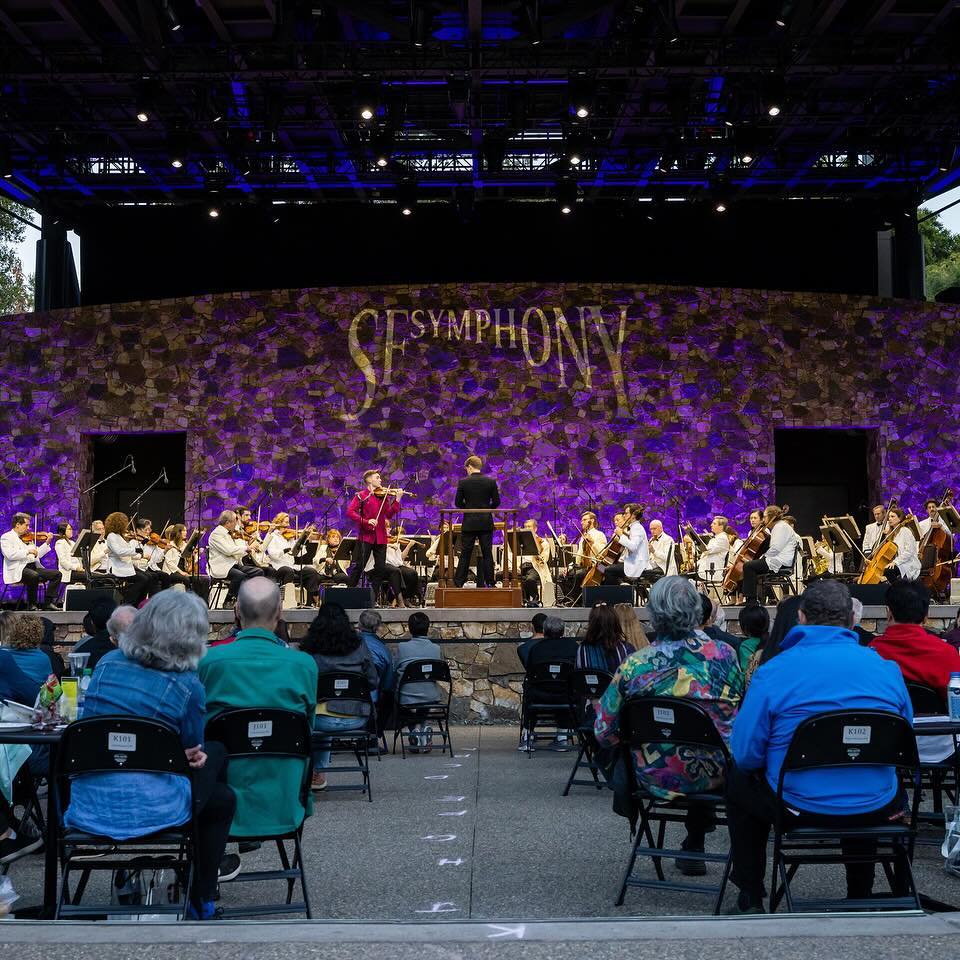Mayor’s Proposal Is First Step

San José, Calif. – Today Mayor Sam Liccardo revealed his plan to reform the San José Police Department, highlighted by dramatic changes to disciplinary and oversight processes that will make San Jose a national model for accountability. The nine-point plan reflects Mayor Liccardo’s commitment to “reform, not defund” the police, while squarely addressing nationwide outrage over racial injustice and police brutality.
“San Jose has the finest officers in the nation,” Liccardo observed. “But as we’ve seen in recent weeks, our community expects us to do better—and we’re committed to doing so.”
The highlights of the plan include:
bold reforms to an arbitration process that has forced dozens of U.S. police departments to restore the badge to hundreds of officers fired for misconduct in recent years;
moving beyond the “internal affairs” model by instituting independent investigation of allegations of excessive uses of force and racial discrimination, and otherwise expanding the scope and authority of the Office of the Independent Auditor; and
building the SJPD from the best, brightest, and most diverse young minds in our community, offering college scholarships to low-income youth willing to serve their city in the police.
Liccardo’s reform plan includes the following substantive changes.
1. Inject Transparency and Accountability Into Arbitration over Termination and Disciplinary Decisions
In a 2017 comprehensive analysis by the Washington Post, 451 of the 1,881 police officers fired by 37 large American law enforcement agencies were ordered rehired by an arbitrator—whose decisions remain binding, hidden from public view, and unaccountable to any democratic institution. Every police officer deserves due process, yet the rules around the arbitration process undermine much of the good work that SJPD has done to improve officer conduct and accountability. If we cannot create a better process, then we must make arbitration more transparent and accountable, such as by improving the arbitrator selection process, lifting the veil of secrecy over the content of arbitration decisions, limiting the scope of the arbitrator’s review of prior factual determinations, and allowing the City a right of appeal to a state court.
2. Independent Investigation of Police Misconduct
In the wake of recent events, the American public will never feel confident in a system of accountability which allows only the police to police themselves. In San José, the Independent Police Auditor (IPA) has the authority to review cases investigated by SJPD’s Internal Affairs, but not the ability to investigate those cases—nor even “audit” them, contrary to the implication of the office’s title. The very notion that most police departments continue to treat allegations of excessive use of force and other misconduct as “internal” affairs offends American sensibilities about the transparency of our democratic institutions. We must have independent investigations of serious misconduct by the IPA or other third party, with a corps of trained, experienced investigators.
3. Expanding Authority of the Independent Police Auditor over “Use of Force” Allegations
In November, we will take proposed Charter changes to expand the power of the Independent Police Auditor, giving the office authority to review all investigations relating to every police use of force resulting in serious injury, and to enable unfettered access to police records, as agreed to by our San José Police Officers’ Association.
4. Building a Department from Our Diverse Community—and Expanding Opportunity for our Youth
In 1990, then-Mayor Tom McEnery and the late Chief Joe McNamara urged that we offer college scholarships to San José’s diverse youth, contingent on commitments to serve their community for several years as a police officer. The Council ultimately did not support the idea, but we should. Such a program could build on work already underway with Chief Garcia’s SJPD Cadets program and could build trust between our young adults and SJPD, expand educational opportunities, and boost home-grown diversity on the force.
5. Reimagine Policing by “Disentangling” Police Roles
We’ve committed $100,000 to engage our community in reimagining policing, focusing on how we might rely on civilian response for a variety of non-criminal calls for service. This builds on ongoing recent work at SJPD—creating a Community Service Officer program, declining to arrest students on campus, and soliciting the help of County mental health workers.
6. Ban Use of Rubber Bullets, and Conduct Full Review of the Use of Force Policy
The SJPD duty manual still allows the use of rubber bullets in crowded situations, such as at protests. In August, we will move forward with a broader ban, and with a full public review of all of our use-of-force policies.
7. Make Police Subject to Direction of Elected Leadership
Unlike most other major U.S. cities, Section 411 of the San José City Charter prohibits the Mayor from unilaterally directing the Chief of Police, the City Manager, or any other city employee from taking any action. This undermines the reasonable expectations of our residents, who expect accountability by their City institutions to democratically-elected leadership. We will take this reform to the voters in November.
8. Leveraging Data & Evidence for Better Recruiting, Training, and Early Intervention
SJPD has pushed aggressively to deploy department-wide data to better understand whether the Department’s many interventions—in screening, training, body-worn cameras, data collection, and the like—are reducing the racial disparities of its uses of force—and they are. But we should apply this data- and evidence-driven approach farther. This includes creating a more robust “early warning system” for problem conduct of young officers, putting all detention and stop data on a public dashboard, and independently auditing body-worn camera video.
9. Accounting for Every Dollar: Audit of Police Expenditures
The public debate surrounding “defund” makes an important point: we do spend a lot of money on policing—about $446 million out of the City’s $4.1 budget in the coming year, although less than the year before. The public should understand whether we’re spending cost-effectively, and the Council would benefit from any information that will enable it to better confront the very difficult budgetary challenges that the City likely faces in the coming years.





